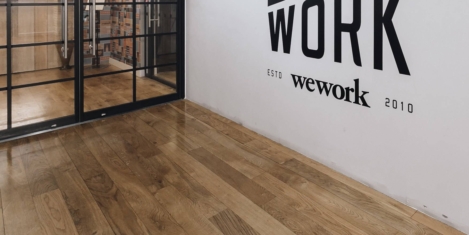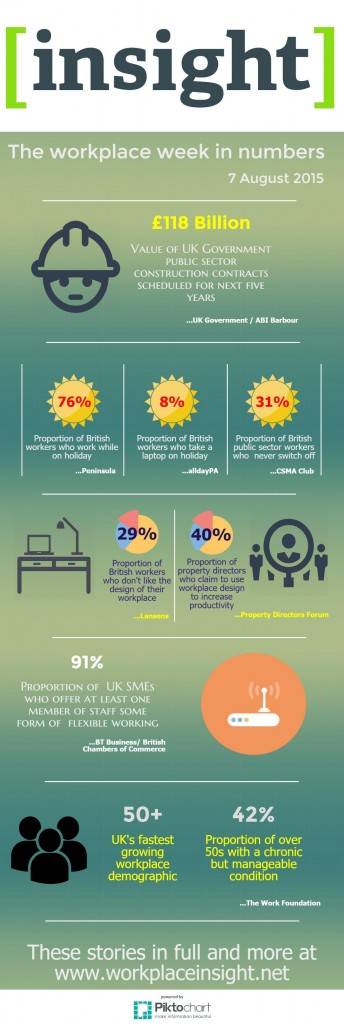August 31, 2015
Lack of flexible working cost firms £1.5 million during tube strikes 0
 The strikes by London Underground workers over the past two months have cost UK businesses some 1.5 million working hours because they did not have the flexible working policies and systems in place to allow them to adapt. According to a study of 1,000 employees from comms provider MeetingZone, just nine percent of firms offered staff the chance to work from home. Nearly three quarters (72 percent) of respondents said they felt let down by their employers’ policies and response to the strikes. The lost working time cited by the report has been calculated on the basis of people arriving late for work. Almost half of respondents claimed they were up to an hour late arriving at work on the days of the strikes with two-thirds (66 percent) claiming they were an average of 38 minutes late. A further two strikes are planned for 8 and 10 September.
The strikes by London Underground workers over the past two months have cost UK businesses some 1.5 million working hours because they did not have the flexible working policies and systems in place to allow them to adapt. According to a study of 1,000 employees from comms provider MeetingZone, just nine percent of firms offered staff the chance to work from home. Nearly three quarters (72 percent) of respondents said they felt let down by their employers’ policies and response to the strikes. The lost working time cited by the report has been calculated on the basis of people arriving late for work. Almost half of respondents claimed they were up to an hour late arriving at work on the days of the strikes with two-thirds (66 percent) claiming they were an average of 38 minutes late. A further two strikes are planned for 8 and 10 September.







































September 2, 2015
Flexible working key to counteracting female workers’ ‘baby shame’ 0
by Sara Bean • Comment, Flexible working, News, Workplace
More →